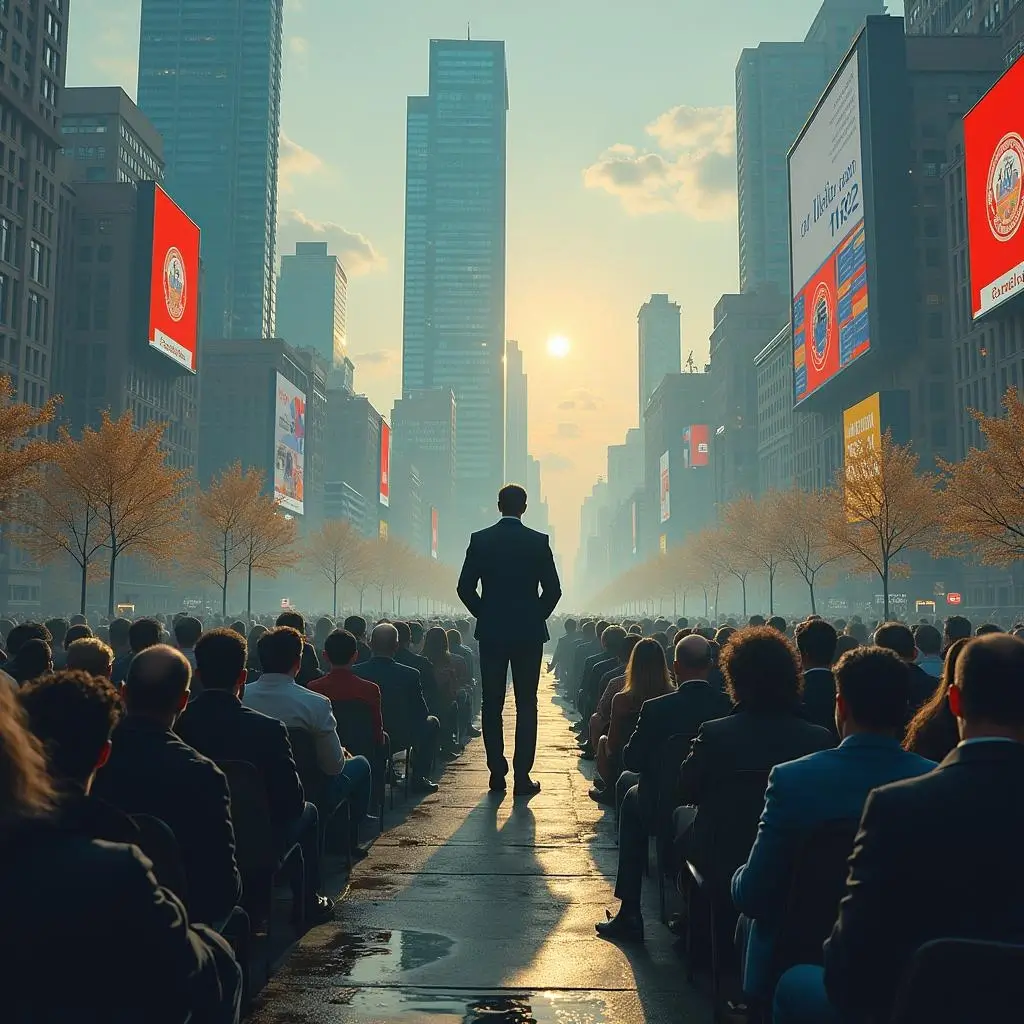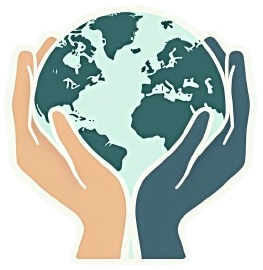Global Politics in the 21st Century

Global politics in the 21st century is characterized by unprecedented complexity. Nations are interconnected through trade, technology, and environmental concerns, creating both opportunities for cooperation and risks of conflict.
One of the defining features of modern global politics is the rise of emerging powers. Countries like China and India are reshaping the global order, challenging traditional hegemonies and advocating for multipolar governance. This shift is influencing alliances, economic policies, and diplomatic strategies worldwide.
At the same time, issues such as climate change, cybersecurity, and pandemics highlight the need for collaborative solutions. Global institutions like the United Nations play a crucial role in addressing these challenges, though they often face criticism for inefficiency or lack of representation.
As global politics evolves, citizens and leaders alike must navigate a rapidly changing landscape. Balancing national interests with global responsibilities will be key to ensuring a sustainable and peaceful future for all.
As global politics evolves, citizens and leaders alike must navigate a rapidly changing landscape. Balancing national interests with global responsibilities will be key to ensuring a sustainable and peaceful future for all.
